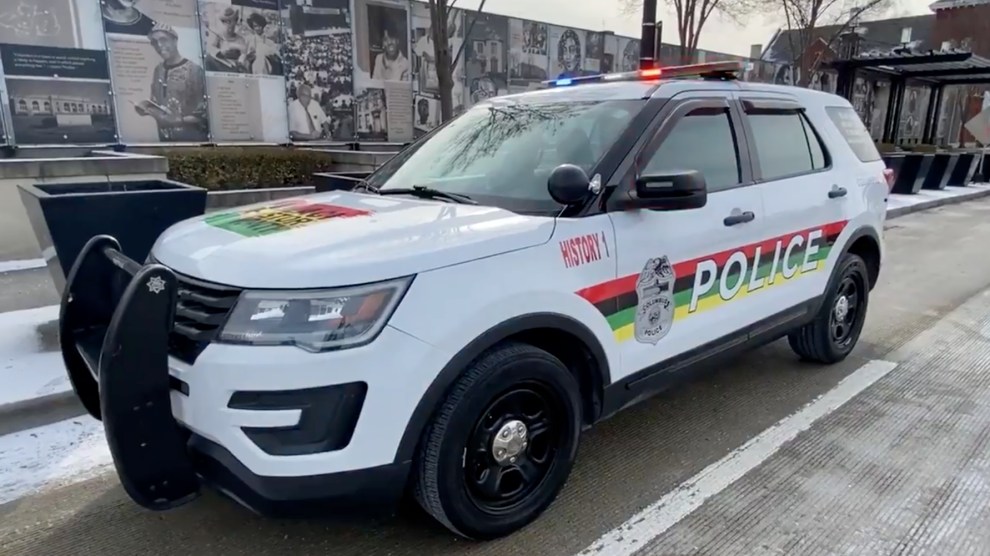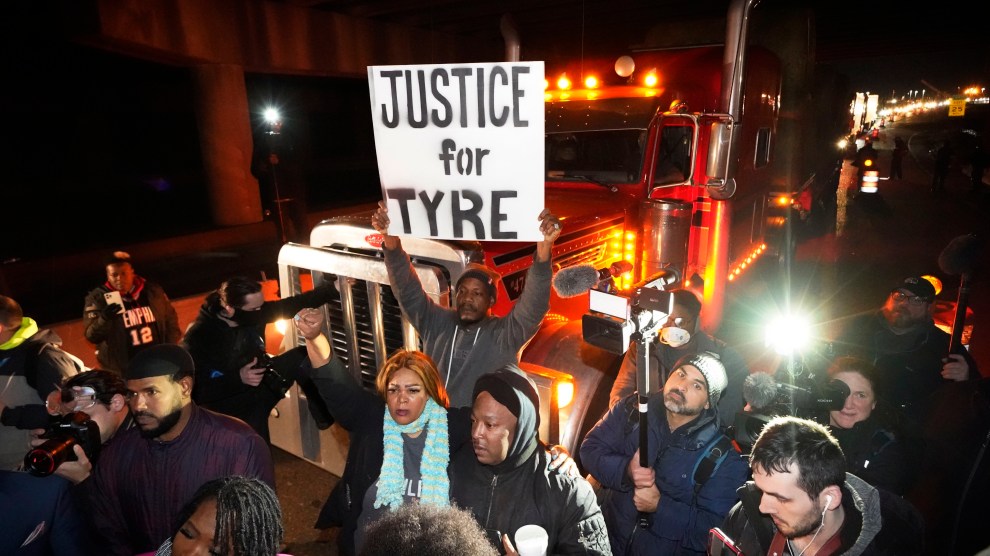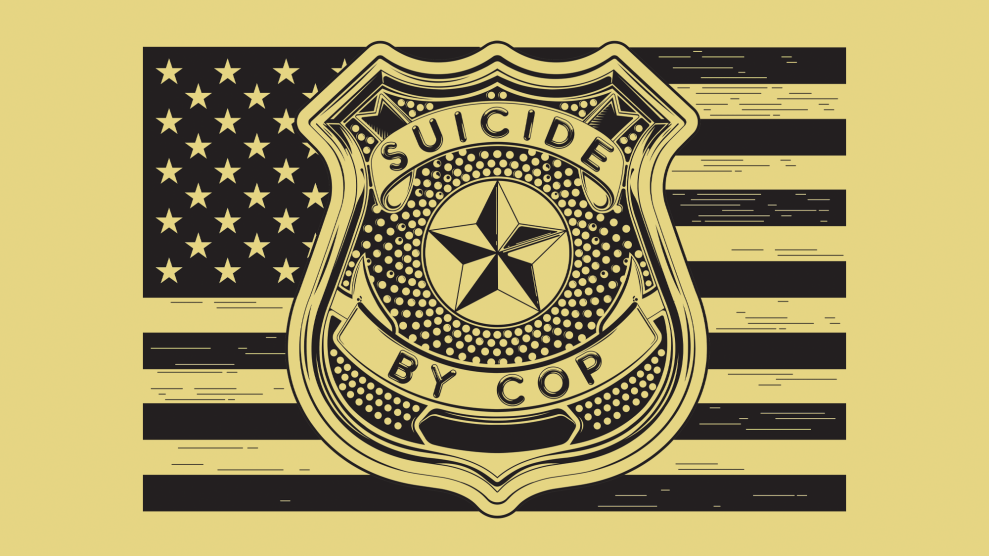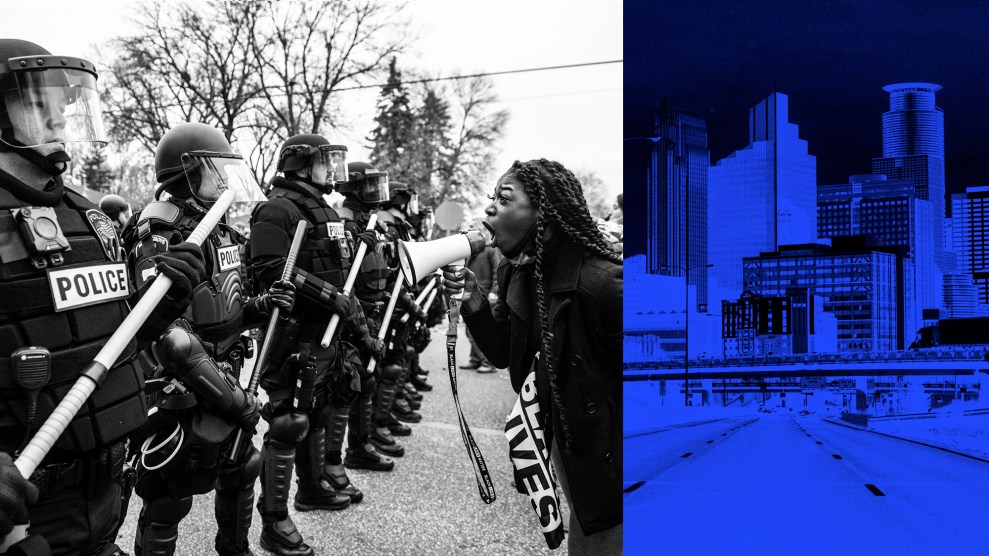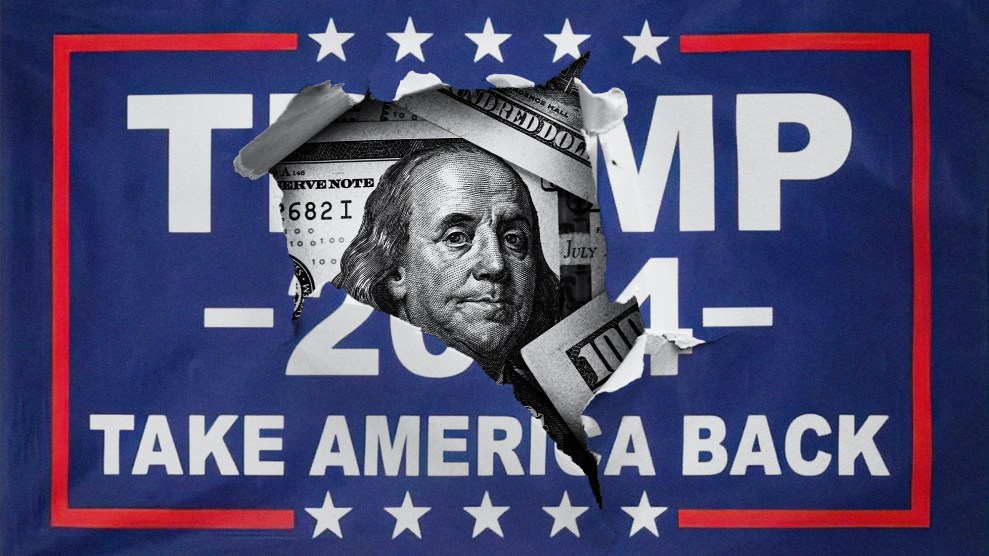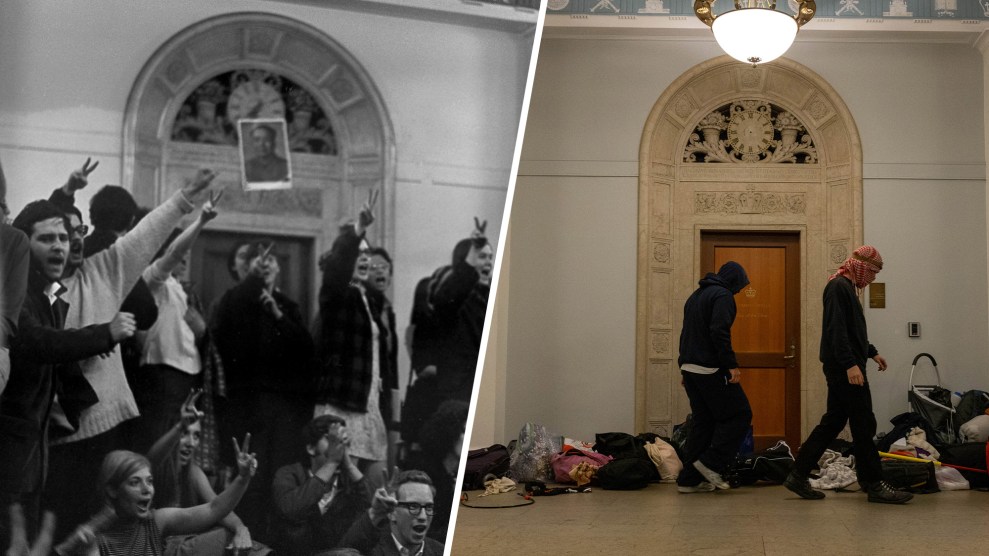We’re only three days into Black History Month, and people are already cutting up. Within the first two days of February, police departments in both Miami, Florida, and Columbus, Ohio, unveiled their own separate police cruisers commemorating the month, complete with Kente cloth patterns, raised “Black Power” fists, and Martin Luther King Jr. quotes.
And, it was a hot mess.
Y’all really put an MLK quote on a cop car. Enjoy being unserious in Hell. https://t.co/IC18ohvPuj pic.twitter.com/6q1Imf9aSo
— Danez (@Danez_Smif) February 3, 2023
I can't wait to be properly represented when I'm getting beaten to death for a minor traffic violation 🥰 https://t.co/aaGJMSy8tJ
— KaiMana! (@CertifiedLeggi) February 3, 2023
On February 1, the Columbus Police Department dropped a video on Twitter, introducing the world to History 1, a police vehicle designed to “celebrate the achievements of African-Americans and recognize their roles in our history.” Plastered with red, yellow, and green hearts and the cheesiest of MLK’s quotes on the back windshield, History 1 will reportedly be patrolling Columbus’ neighborhoods and community events all throughout February.
Only one day later, the Miami Police Department unleashed its own Pan-African patrol vehicle—an announcement that is especially rich considering it came swiftly after the College Board watered down the curriculum for its AP African American Studies course following objections from Florida Gov. Ron DeSantis.
“This is Black history,” Miami Mayor Francis Suarez said about the cop car during the Thursday press conference, according to Complex. And to make matters worse, the mayor also indirectly referenced the death of Tyre Nichols, who died three days after five Memphis police officers assaulted him during a traffic stop.
“Obviously we’ve seen some things across the country that are shocking, that we hope and know will never be repeated in our jurisdiction,” said Suarez. He continued: “But I think part of the reason why it won’t is because we embrace our history. We know where we came from. We understand what the struggles were.”
Twitter users made their outrage known in response to both departments’ announcements, calling out the tone deafness with jokes, memes, and threads. To say the least, the themed cars were in…poor taste. To say a bit more, both were gross displays of faux solidarity and liberal pandering from a system that thrives off of Black suffering, especially in light of recent deaths of people, like Nichols and Keenan Anderson, at the hands of police.
While these particular cruisers are new, governmental pandering to people with shallow displays of liberal solidarity isn’t. The Miami police pulled a similar stunt during June with a Pride Month-themed vehicle. To many, these flaccid attempts exemplify an especially sinister brand of performative activism—the kind that’s designed to aesthetically mirror progressivism without challenging any of the oppressive interests and institutions actually harming marginalized communities.
We don’t need your Black History Month police cruisers if you’re not going to do anything to reform the police driving them. If you really want to help Black communities, listen to criminal justice reform advocates and organizers.

